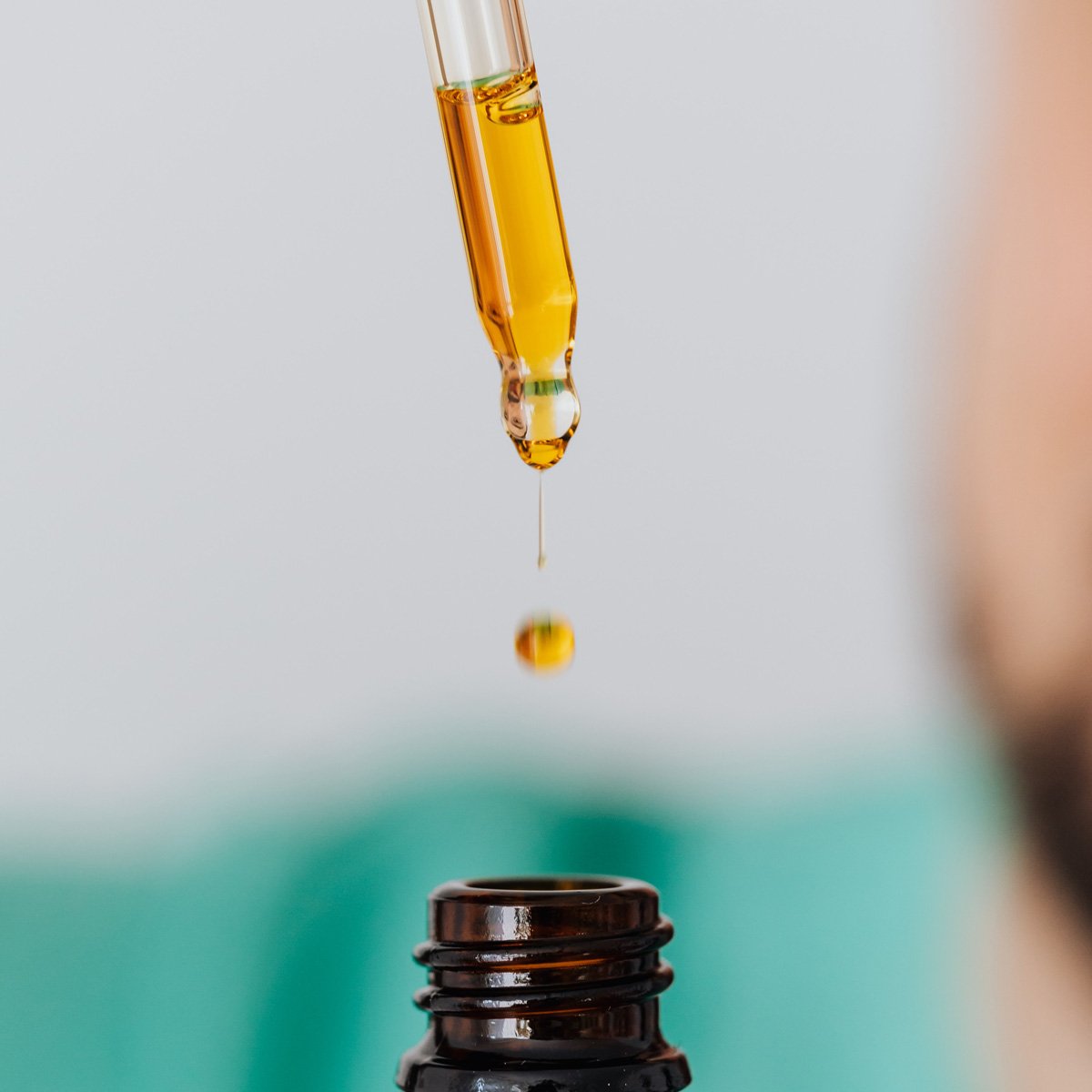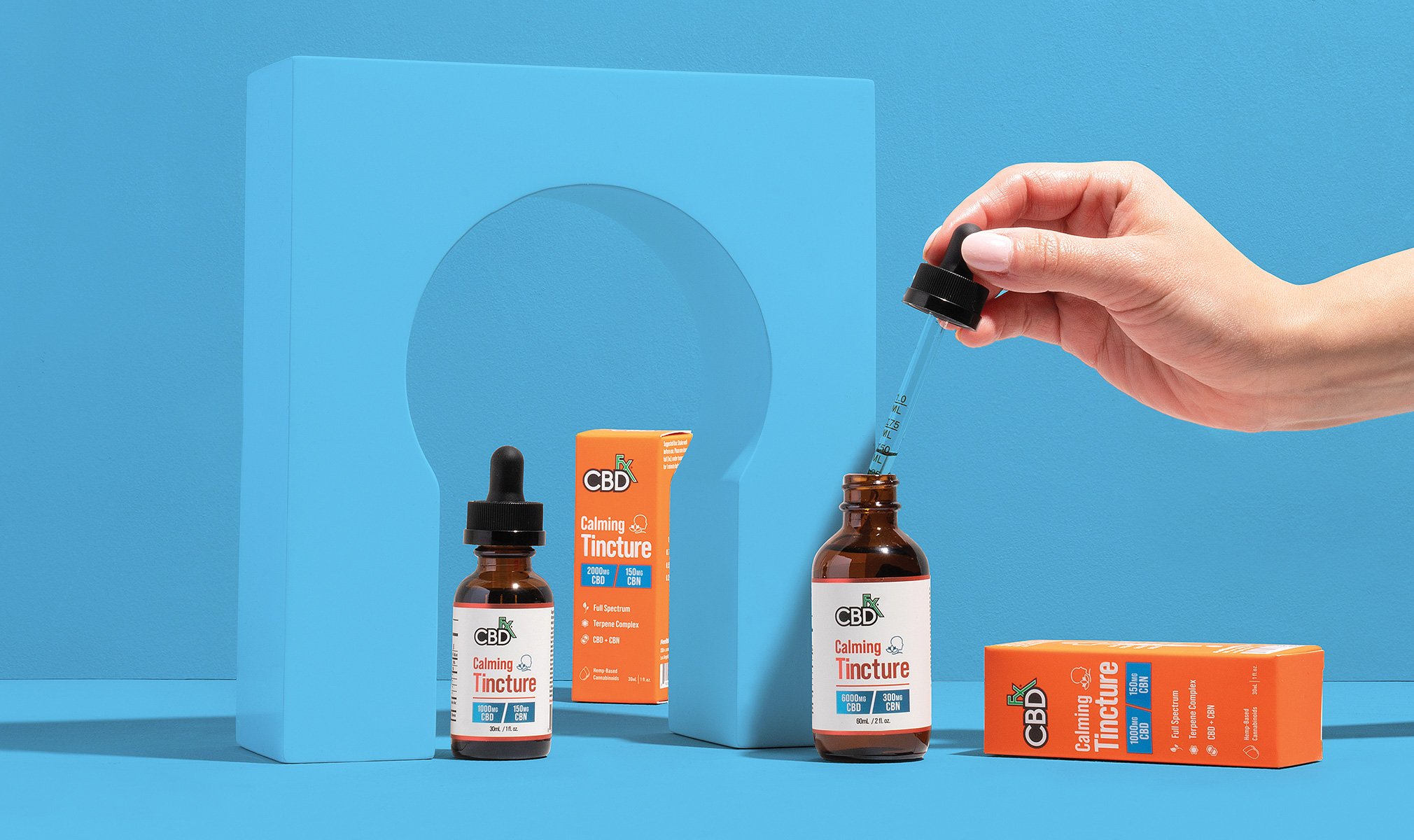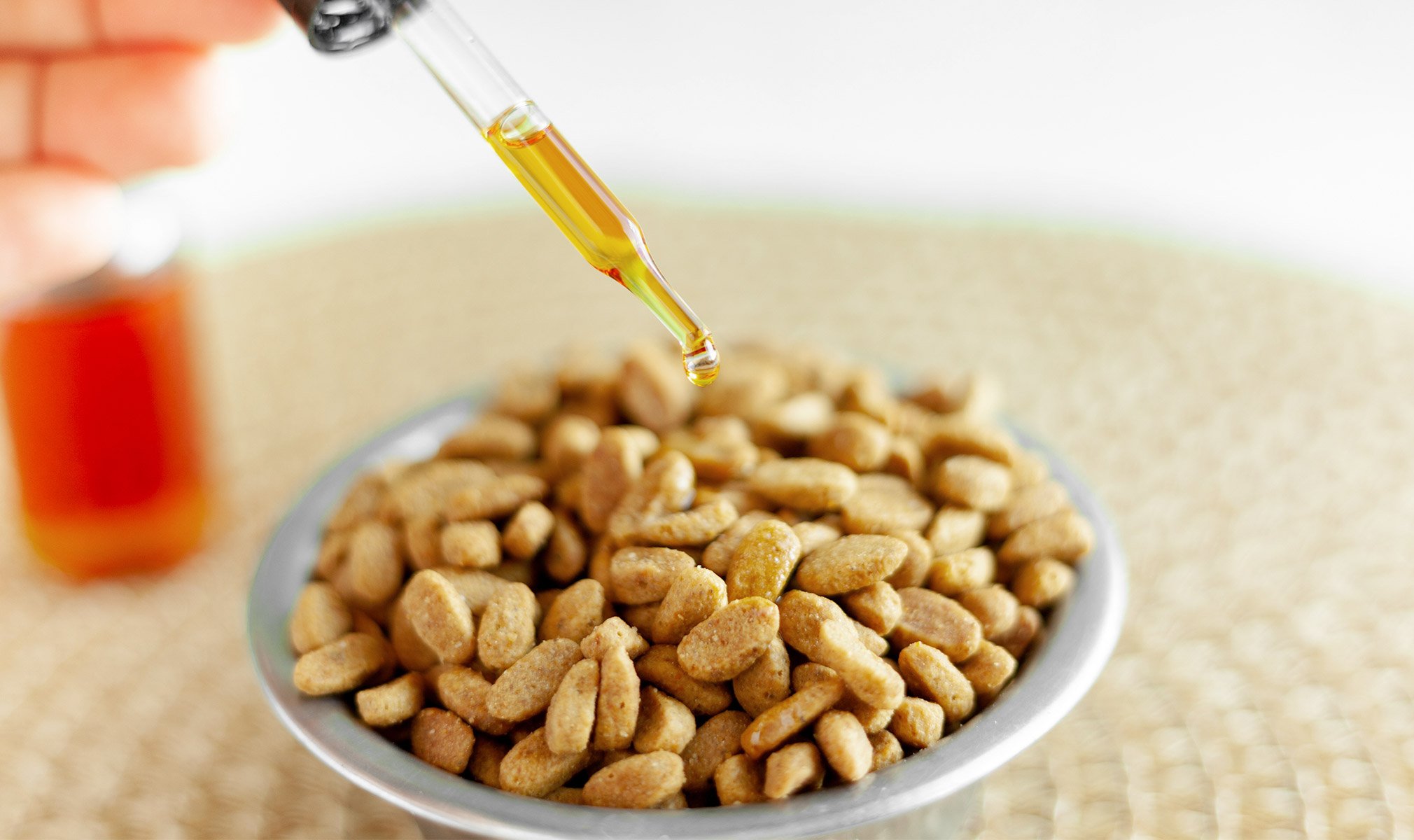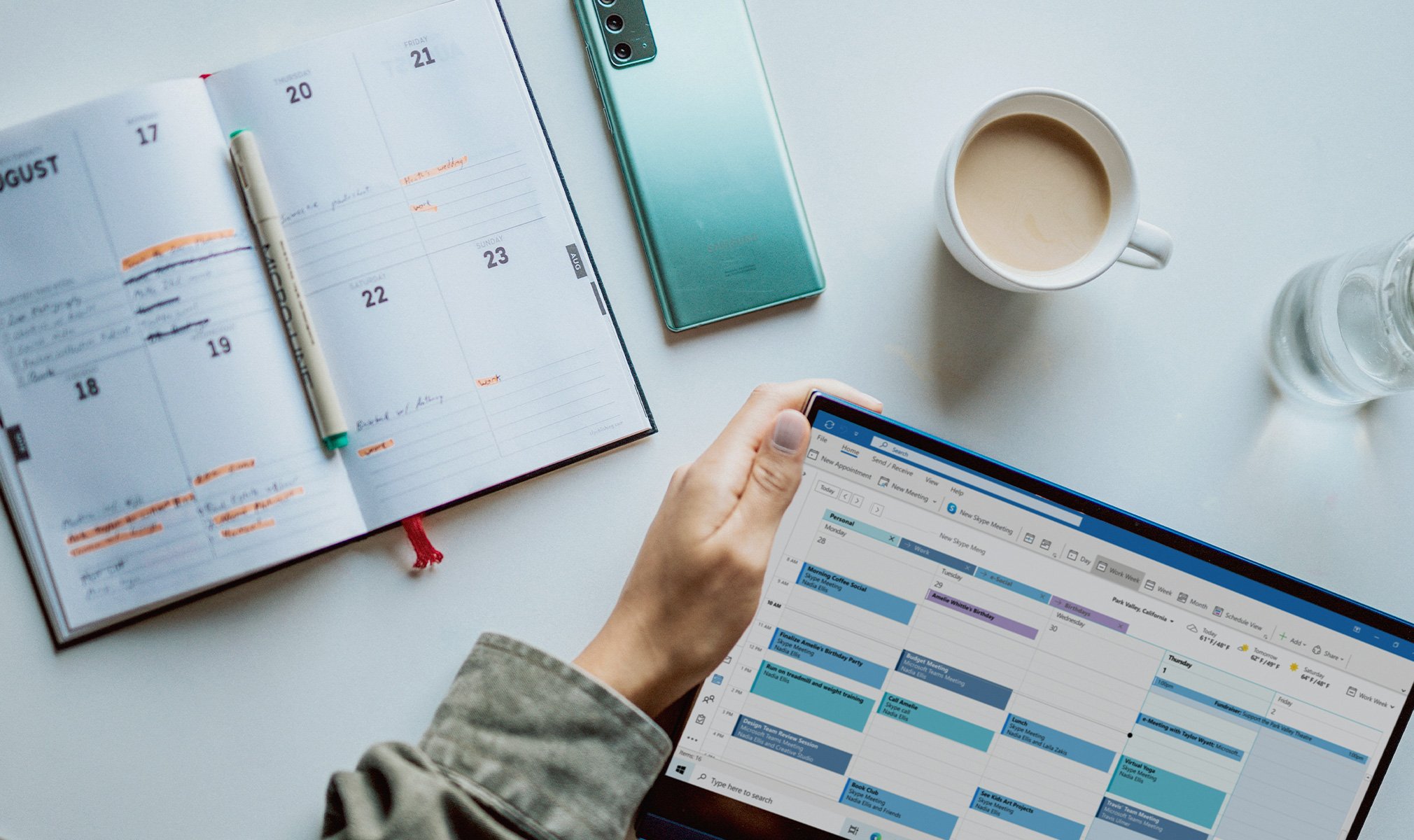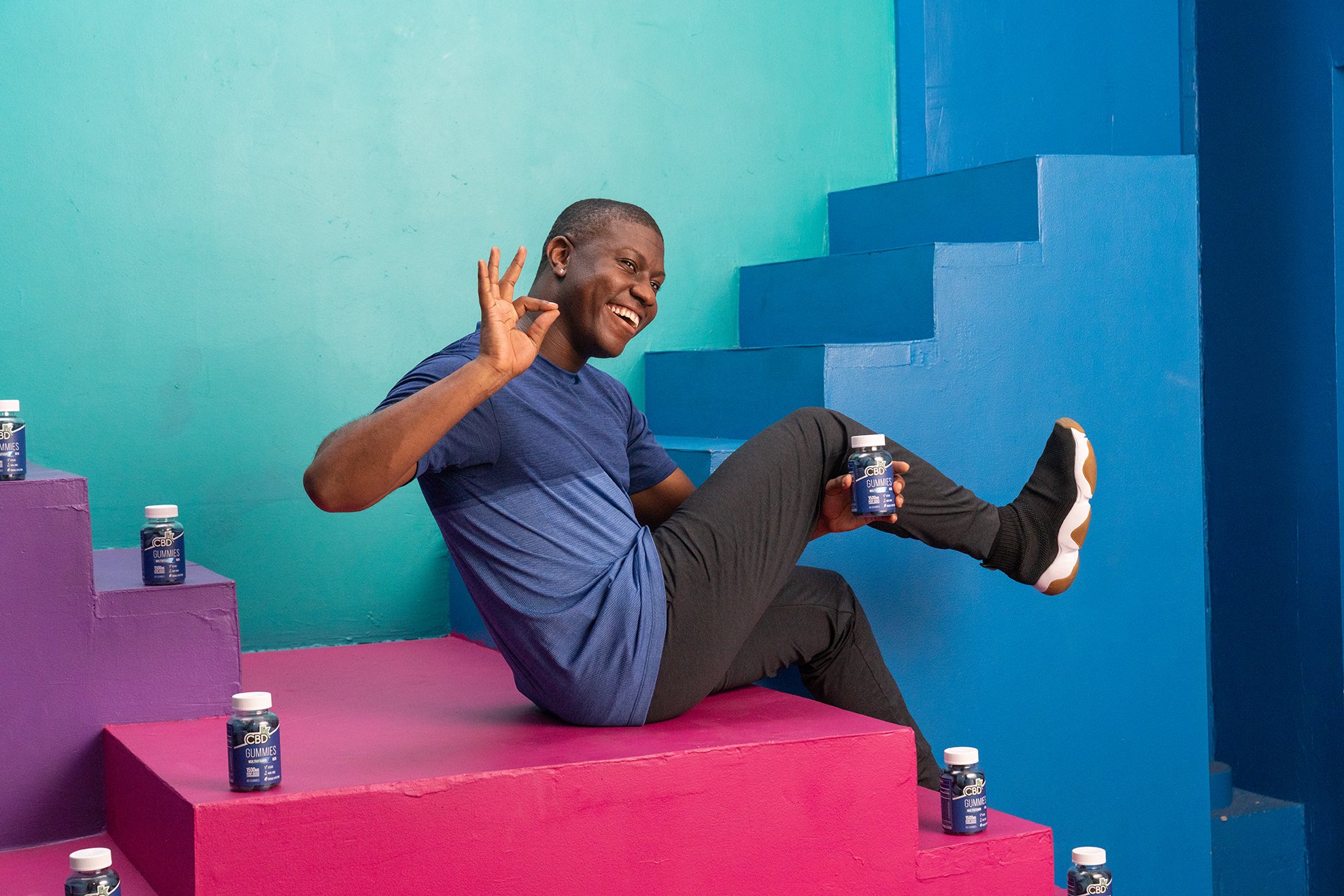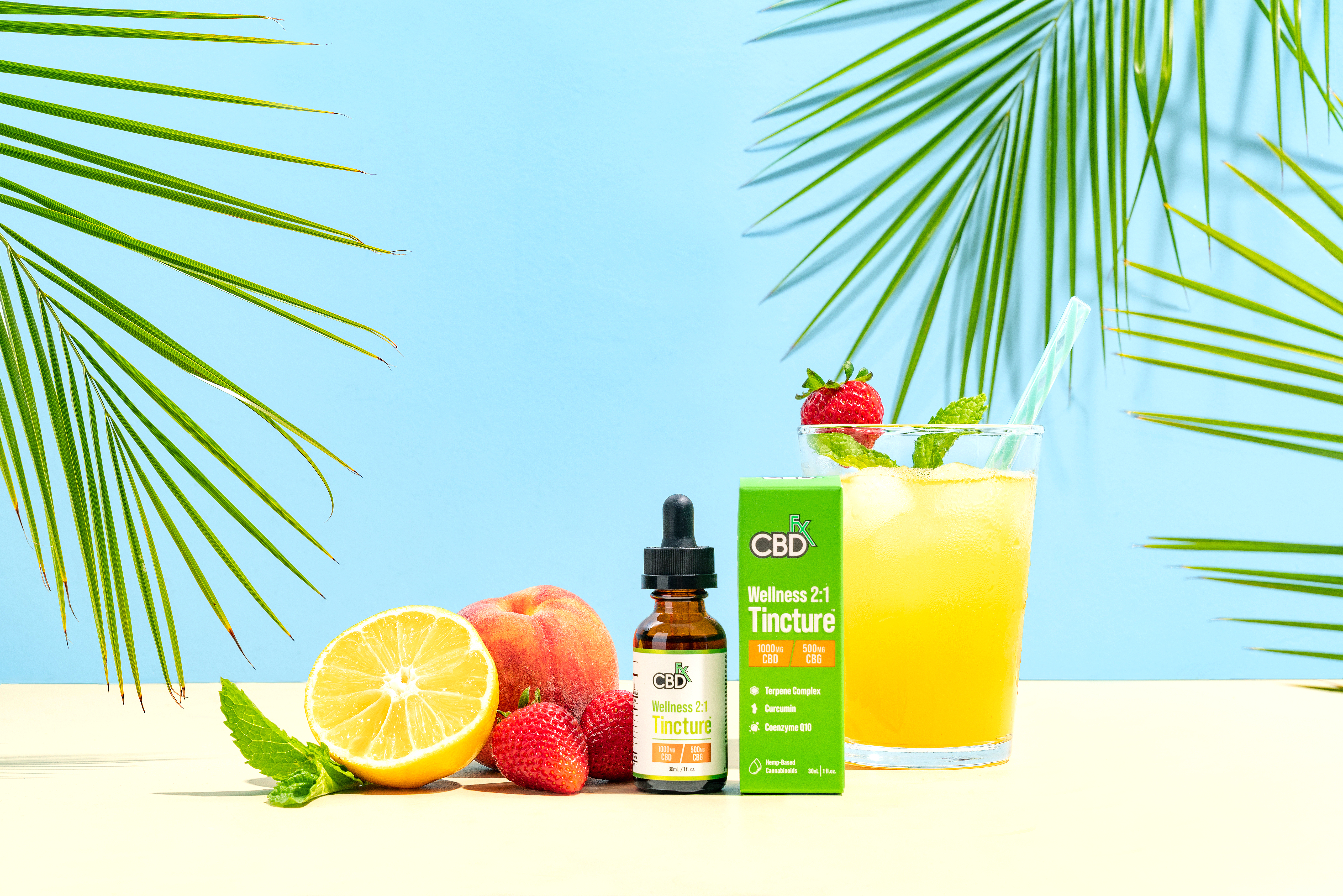Worried about your workplace drug screening? Should you worry about taking a test, even if you haven’t taken any illegal drugs? CBD is legal, after all. But will CBD show up on a drug test? And does it make a difference whether the drug test is a 5-panel drug screening versus a 10-panel drug screen?
In this article, we’ll take a look at what’s involved in drug screenings and discuss whether you can potentially get a positive result even if you use hemp-derived CBD products.
What Is CBD?
Let’s begin by taking a quick look at what, exactly, CBD is. CBD (cannabidiol) is one of several compounds found in the cannabis hemp plant, called cannabinoids. Your body actually produces its own cannabinoids, which are called endocannabinoids. These are a part of the body’s endocannabinoid system, a cell-signaling network that helps various organs and systems in your body to maintain homeostasis, or balance. When you consume plant-based cannabinoids, they mimic the body’s own endocannabinoids, helping to bolster this system. This produces a bevy of health and wellness benefits.**
Cannabis contains other cannabinoids, beyond CBD. These include CBN, CBG, and over a hundred others, including THC (tetrahydrocannabinol). THC, as you may know, is the intoxicating compound associated with marijuana, though it also exists in the low-THC form of cannabis: hemp. Unlike THC, CBD will not get you high.
So, why worry about using CBD products when submitting to workplace testing? To answer that, let’s further explore the different types of CBD oil that are used in various CBD products.
Full-Spectrum CBD vs Broad Spectrum CBD vs CBD Isolate
There are three different types of CBD oil that you’ll find in CBD products. These include full-spectrum CBD, broad-spectrum CBD, and CBD isolate. Hemp seed oil, it should be noted, is not the same thing as CBD oil. It’s derived from the seeds of the hemp plant, as the name suggests, and is used primarily for skin-care products. CBD oil, on the other hand, is produced from the hemp plant’s buds, leaves, and stalks.
The initial oil extracted from the hemp plant is called full-spectrum CBD. This CBD oil contains all of the hemp plant’s cannabinoids, terpenes, flavonoids, and health-boosting fatty acids. By law, this CBD oil can contain up to 0.3% THC. While this isn’t enough THC to get you high, it can be an issue for drug tests, as we’ll discuss in a moment. Full spectrum CBD can be found in some of our most popular CBD products, including CBD Soft Gel Capsules and CBD Oil Calming Tincture. It should be noted that all of our full-spectrum delta-9 THC products are still compliant with the 2018 Farm Bill, though the THC content in these products is boosted to be much closer to the legal limit.
Many people prefer not to have THC in their CBD products, which is why we produce other filtered CBD oil for some products. This CBD oil, known as broad-spectrum CBD oil, still retains CBD and most of the other cannabinoids—but all detectable levels of THC are removed. Many CBD products are made with broad-spectrum CBD, including CBD gummies, CBD capsules, CBD edibles, CBD tinctures, CBD topicals, and CBD vape pens.
CBD isolate is created when all hemp materials other than the CBD are removed from the oil, making it 99% pure CBD. You’ll find this type of CBD in products, like CBD bath bombs and CBD bath salts.
What’s the Best CBD for Drug Testing?
It’s important to know which type of CBD is present in your CBD product if you’re testing for drugs. If you shop for CBD products from a reputable company, this information can easily be found on the product label and the company website. Reputable CBD companies also provide third-party lab reports on all of their products (called a Certificate of Analysis), so that you know the exact amount of CBD, delta 9 THC, and other cannabinoids in your product. The last thing you want is a false-positive test result, because the label on your CBD product was inaccurate. This is one of the reasons why finding a reputable, high-quality CBD supplier (like CBDfx!) is so important.
CBD Product Comparison Chart
We carry many kinds of CBD products. Here’s a table showing your CBD oil options for each category.
| Product Category | Available in CBD Isolate? | Available in Broad Spectrum? | Available in Full Spectrum? | Available in Full Spectrum + Delta-9 THC? |
| Gummies | No | Yes | No | Yes |
| Capsules | No | Yes | No | Yes |
| Tinctures | No | Yes | Yes | Yes |
| Vapes | Yes | Yes | No | Yes |
| Topicals | Yes | Yes | No | No |
Does It Matter on a Drug Test if the CBD Product Contains Hemp-Derived CBD?
While alcohol and drug tests do not screen for CBD, they do screen for delta 9 THC. And it doesn’t matter if that THC has been extracted from cannabis hemp or cannabis marijuana. Yes, CBD should not show up on a drug test, but hemp-derived THC can.
5-Panel Drug Test vs 10-Panel Drug Screening
5-panel drug testing checks for amphetamines, phencyclidine (PCP), cocaine (and crack cocaine), opioids, and cannabis (THC). 10-panel drug testing checks for amphetamines, phencyclidine, cocaine, opioids, barbiturates, benzodiazepines, methaqualone, methadone, propoxyphene, and cannabis. Note that both types of tests check for cannabis. So, where does that leave us?
Do Drug Tests Test for CBD?
Drug tests generally don’t screen for CBD, because it is non-intoxicating and is not a controlled substance. But drug tests do look for THC. And, as we’ve seen, THC is present in many legal CBD products.
Does CBD Show Up on a Drug Test?
“Does CBD show up on a drug test?” If they aren’t testing for CBD, they aren’t going to find it. Nor does it matter if they do. As we just said, even if they do decide to test CBD, CBD is not a controlled substance. It’s not “drugs.” But those traces of THC in some CBD products can show up on a test, if there’s enough in your system. So, let’s look at the ways you might be tested.
Urine
Fifty nanograms of THC-COOH (one of THC’s primary metabolites) per milliliter will prompt a positive drug urine test. Urine tests are very common in workplace drug screenings. And while there are only the tiniest traces of THC in CBD oil, there can be enough—particularly, in full-spectrum CBD—to create a false-positive result. This is more likely to happen if you consume a lot of full-spectrum CBD.
Hair
Hair testing is much less common, but some employers prefer this type of testing because it detects THC down to one picogram per milligram. A picogram is roughly one trillionth of a gram. THC metabolites can be detectable by hair test for as much as 90 days.
Blood
Blood tests are even less common in workplaces, because they’re generally more interested in detecting habitual drug use. Blood cycles out THC somewhat quickly, so these tests are better for detecting drugs at the time of impairment, as with a police sobriety test.
In states where cannabis is not legal, any THC content in the blood is considered a positive test. In states where cannabis is legal, the line can be somewhere between one and five nanograms per millimeter, depending on the state. Consult your local state law enforcement agency for more information.
Saliva
Saliva testing is not commonly used. It can detect THC for roughly 72 hours after consumption. This period of detection can be longer for habitual use. There aren’t any established cutoff limits, though four nanograms per milligram is a probable standard for detecting THC via saliva test.
The safe move for all of these drug tests is to avoid full spectrum CBD if you have a drug test coming up. It’s highly unlikely that broad-spectrum CBD, if taken sparingly, would show up on a test. However, THC can build up in your system over time, even if you use this filtered form of CBD. CBD products made with CBD isolate should be more safe.
How Long Does CBD Stay in Your System?
Determining the amount of time CBD stays in your system can be tricky. Everyone has a different metabolism, so there is no all-encompassing answer. Cannabis can be detected, via urine testing, three days after a single use and more than 30 days after heavy usage. So, don’t count on anything flushing out of your system right away.
If you’re concerned about whether CBD will cause a positive drug test result, there are a couple of things CBD users can do for peace of mind. Use CBD products formulated with non-detectable amounts of CBD: broad-spectrum CBD or CBD isolate (your safest bet is CBD isolate!). Also, be mindful not to overuse CBD heading into testing. You may be surprised to discover that, in some people, only a small dose of your CBD product is needed to produce desired effects. Make sure that your CBD product comes with a Certificate of Analysis to corroborate the amount of THC content in the CBD product. And lastly, if you do think you might have consumed enough THC to tip off a drug test, then be aware that it can remain in your system, potentially for a long time, depending on how much you’ve taken and for how long.
Lastly, if you somehow test positive for marijuana despite only using a legal CBD product, keep the packaging of your product handy to show to your employer. Honesty and transparency are always the best policies.
Looking to explore broad-spectrum CBD? Try our Original Mixed Berry CBD Gummies!
